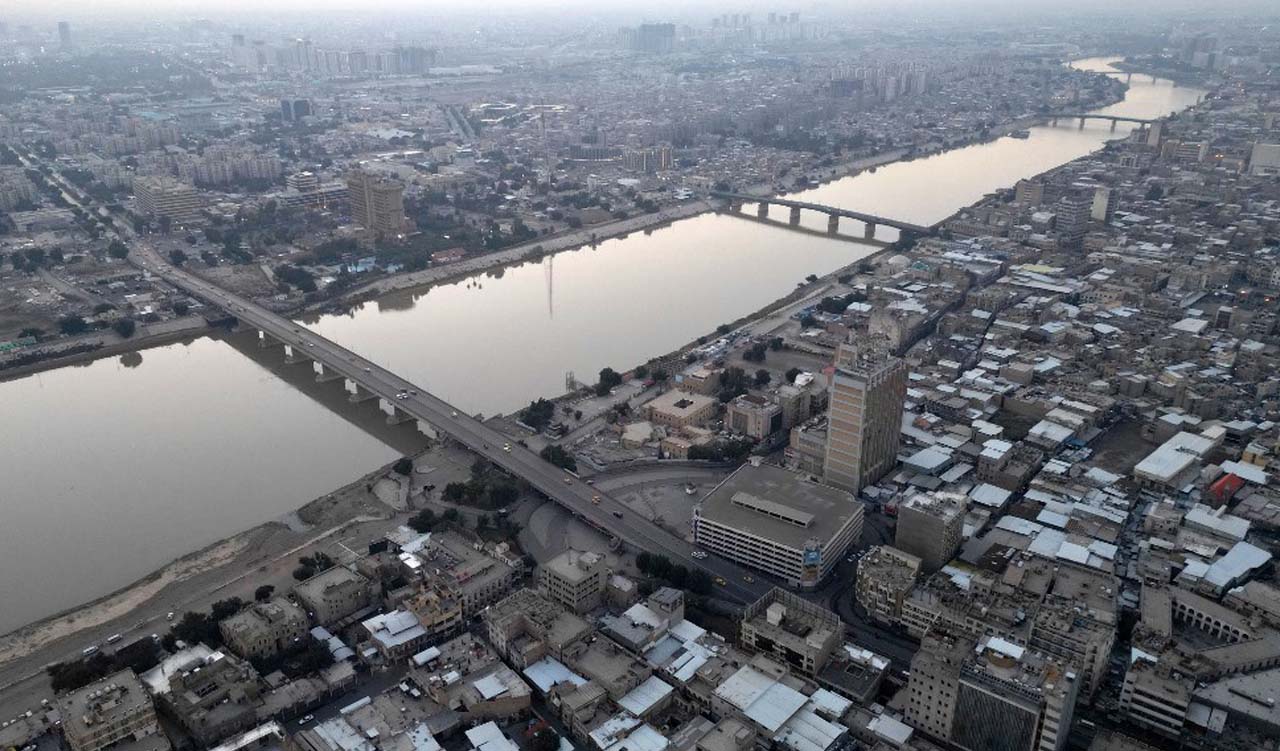Battle for Green Space: Urbanization and Climate Change Threaten Iraq's Cities
According to Iraqi environmental organizations, the greenness rate in Baghdad has plummeted to just 4.5%.

ERBIL (Kurdistan24) – The Iraqi government has announced the reopening of Zawraa Park, a landmark green space in the capital. The decision comes as residents and environmental groups raise alarm over the rapid decline of greenery in Baghdad, starkly contrasting with conservation efforts in the Kurdistan Region.
The reopening was reported by Iraqi media on Wednesday. Zawraa Park is one of Baghdad's largest and most significant public parks, serving as a vital refuge for citizens seeking fresh air and respite, particularly during the intense summer heat. The announcement, however, is shadowed by persistent concerns that the park could be subject to future development, including potential conversion into residential units.
This tension highlights a broader crisis. According to Iraqi environmental organizations, the greenness rate in Baghdad has plummeted to just 4.5%. This figure stands in dramatic contrast to the 20% green cover reported in the Kurdistan Region, where the Kurdistan Regional Government (KRG) has actively prioritized urban forestry and environmental initiatives.
A City at a Crossroads
For many Baghdad residents, the government's decision lacks a coherent strategy. "This reopening comes at a time when there is no strategic infrastructure plan to enhance greenery in Baghdad and other cities," one resident told local media, a sentiment echoed by many. Critics argue that ruling parties often make decisions that serve their own interests, ultimately undermining the city's ecological health and accelerating desertification.
Iraq is ranked as one of the countries most severely impacted by climate change, with vast areas in its central and southern regions succumbing to desertification. Daily life for residents in these areas is increasingly defined by harsh living conditions and threatened livelihoods, fueling skepticism that government policies will be enough to reverse the trend.
Contrasting Visions for a Green Future
Observers point to a clear disconnect between official decrees and on-the-ground reality. Development projects in Baghdad have, at times, violated Council of Ministers decisions that explicitly prohibit the destruction of parks and green spaces.
"The ongoing destruction serves as evidence," one observer noted, "that if the government does not assert its authority over powerful interests, Baghdad will become a desert."
Meanwhile, the Kurdistan Region offers a different model. The KRG not only maintains its green spaces but is actively expanding them. A notable success is the green belt plan in Erbil, which has successfully seen the planting of seven million olive and pistachio trees.
Read More: Contrasting Outcomes in Urban Forestry: Baghdad and Erbil's Approaches
As the gates to Zawraa Park reopen, the move is seen as a critical test. Will it mark a genuine step toward preserving Baghdad's fragile green lungs, or merely a temporary reprieve in the face of ongoing urban pressure and neglect? For the residents of Baghdad, the answer will determine whether their city can forge a greener, more sustainable future.